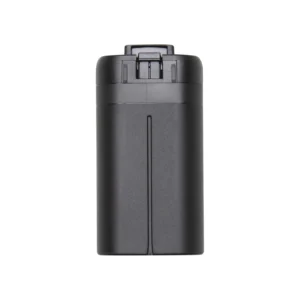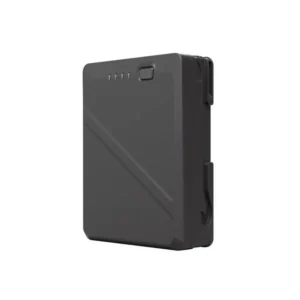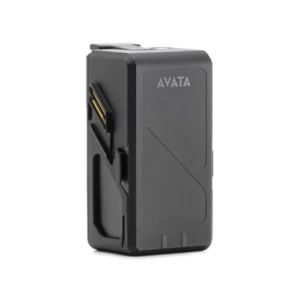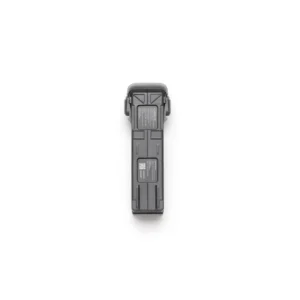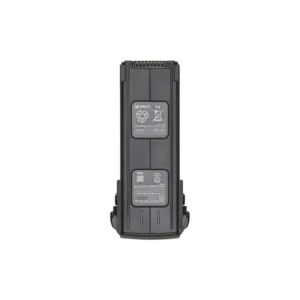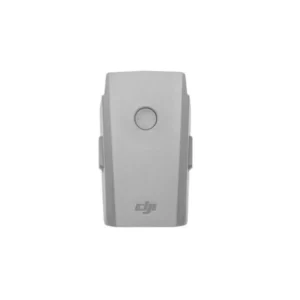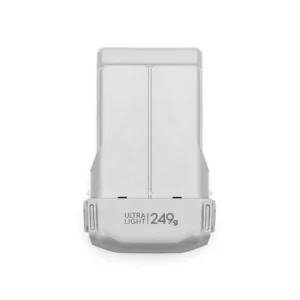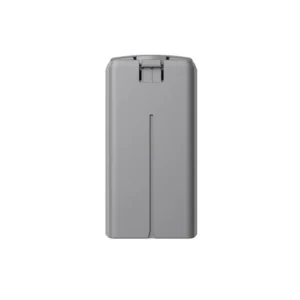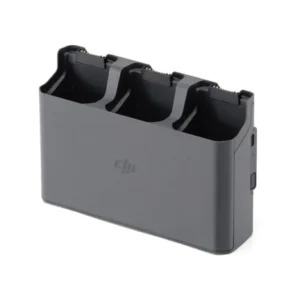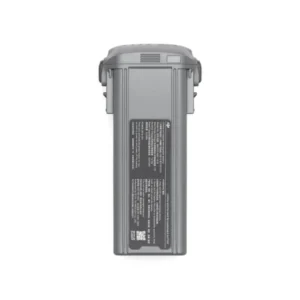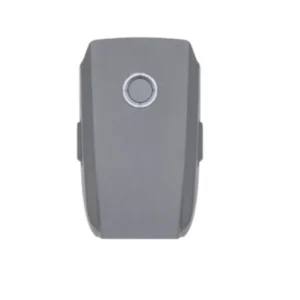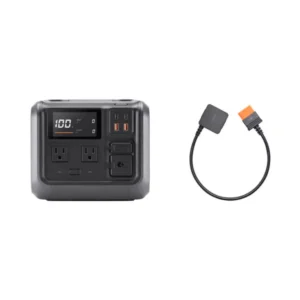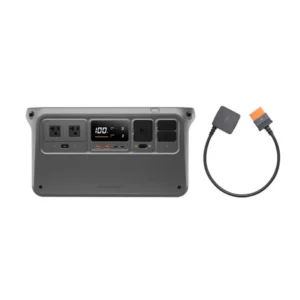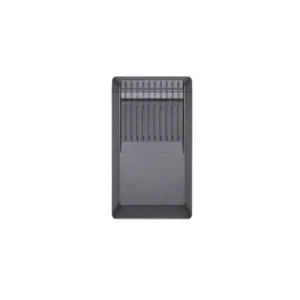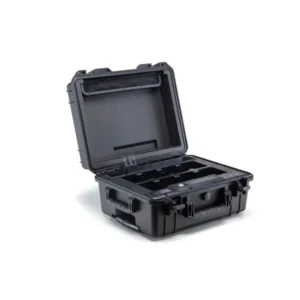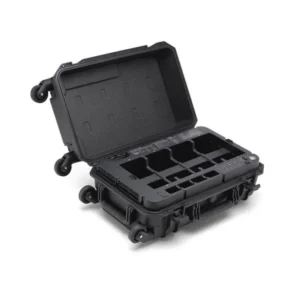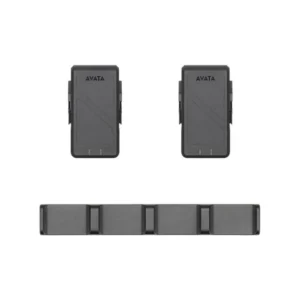Drone Batteries: Powering Performance and Expanding Possibilities
Drone batteries are one of the most critical components in determining a drone’s flight performance, range, and reliability. As drones are increasingly used for both recreational and professional purposes, having the right battery with sufficient power and intelligent features is essential. From ensuring efficient aerial photography sessions to supporting data collection in industrial applications, drone batteries allow users to make the most of their aerial equipment.
The Importance of Drone Batteries
A drone’s battery essentially acts as its lifeline, powering the motors, camera, sensors, and other systems onboard. The capacity, weight, and efficiency of the battery directly influence how long the drone can stay in the air, its flight stability, and even the quality of its footage in some cases. Because drones are expected to perform various tasks, ranging from recreational flying to complex missions in industries like agriculture, construction, and emergency services, having a robust and efficient battery is essential to ensuring these operations run smoothly.
Types of Drone Batteries
Most consumer and professional drones use lithium-polymer (LiPo) batteries due to their high energy density, lightweight structure, and reliability. LiPo batteries offer quick power delivery and are relatively compact, allowing for optimal drone design without adding excessive weight. However, because LiPo batteries are sensitive to high temperatures, impact, and overcharging, they require careful handling and storage.
In recent years, lithium-ion (Li-ion) batteries have also become more common in drones, especially smaller models like hobby drones. Li-ion batteries are known for their longer lifecycle, ability to handle more charge cycles, and resilience, though they tend to be heavier compared to LiPo batteries. Each type of battery has its own advantages and is selected based on the specific needs and design of the drone.
Key Factors in Drone Battery Performance
- Capacity and Flight Time:
The capacity of a drone battery, typically measured in milliamp-hours (mAh), determines the drone’s flight time. Higher-capacity batteries allow drones to stay in the air longer, which is particularly useful for professional applications like surveying, mapping, or cinematic filming. However, larger batteries are often heavier, which can impact the drone’s agility and flight speed. - Voltage and Power Output:
Voltage in a drone battery, usually specified in volts (V), indicates the power potential available for the drone. Higher-voltage batteries supply more power, which can be advantageous for drones that require high thrust and speed, such as racing drones or models designed for high-altitude flying. - Charge Cycles and Battery Lifespan:
A charge cycle is the process of fully charging and discharging a battery. Drone batteries are rated for a certain number of charge cycles, after which their performance may degrade. LiPo batteries, for example, typically have a lifespan of around 300 cycles, after which they may lose their ability to hold a full charge. - Intelligent Battery Features:
Many modern drone batteries are equipped with intelligent management systems that monitor temperature, remaining power, and overall health. These features help prevent overcharging, overheating, and other issues that could lead to battery damage or failure during flight. Intelligent batteries also provide real-time data to the drone operator, allowing them to manage power levels effectively and ensure safe landings.
Maximizing Drone Battery Life
To ensure long-lasting and reliable performance, it’s essential to follow some basic best practices for battery care:
- Avoid Overcharging: Leaving a battery plugged in after it’s fully charged can damage its capacity over time. Most intelligent batteries stop charging when full, but it’s still best to unplug them once fully charged.
- Store Batteries at the Right Temperature: Extreme temperatures can damage drone batteries. It’s best to store them in a cool, dry place, away from direct sunlight or freezing temperatures.
- Don’t Fully Drain the Battery: Frequently flying a battery down to 0% can reduce its lifespan. It’s recommended to land the drone when battery levels reach around 20%.
- Use a Balanced Charger: Balanced charging ensures each cell in a multi-cell battery charges evenly, which helps maintain battery health and reliability.
Understanding Intelligent Drone Batteries
Intelligent drone batteries offer advanced features like real-time monitoring, status alerts, and auto-discharge to extend battery life. For instance, DJI’s intelligent batteries are equipped with temperature sensors, voltage monitors, and automated discharging options that maintain optimal storage levels. These intelligent features enable users to check the battery’s health and remaining capacity through mobile apps, giving them a clear understanding of when it’s time to recharge or replace.
The Importance of Extra Drone Batteries
For enthusiasts and professionals alike, having extra drone batteries is crucial. A single battery might provide anywhere from 20 to 40 minutes of flight time depending on the drone model, battery capacity, and environmental conditions. With extra batteries on hand, users can quickly swap out a drained battery and continue their operation without significant interruptions. This is particularly valuable for photographers capturing event footage, construction professionals mapping large areas, or agricultural workers monitoring crop health.
Future of Drone Battery Technology
The development of drone battery technology is an ongoing process, with researchers and manufacturers exploring options like solid-state batteries and hydrogen fuel cells to extend flight times and improve energy efficiency. Solid-state batteries, which use solid electrolytes instead of liquid ones, promise higher energy density and improved safety. Hydrogen fuel cells, on the other hand, could enable drones to stay airborne for hours rather than minutes, revolutionizing applications in logistics, delivery, and surveillance.
Conclusion
Drone batteries are an integral part of any drone setup, impacting performance, safety, and overall usability. By understanding the types of batteries available, optimizing battery care, and investing in extra batteries, drone users can ensure more effective and uninterrupted aerial operations. As technology advances, we can expect new battery innovations that will unlock even more potential for drones across various industries, making drone batteries a continually evolving and exciting field in the world of aviation.


